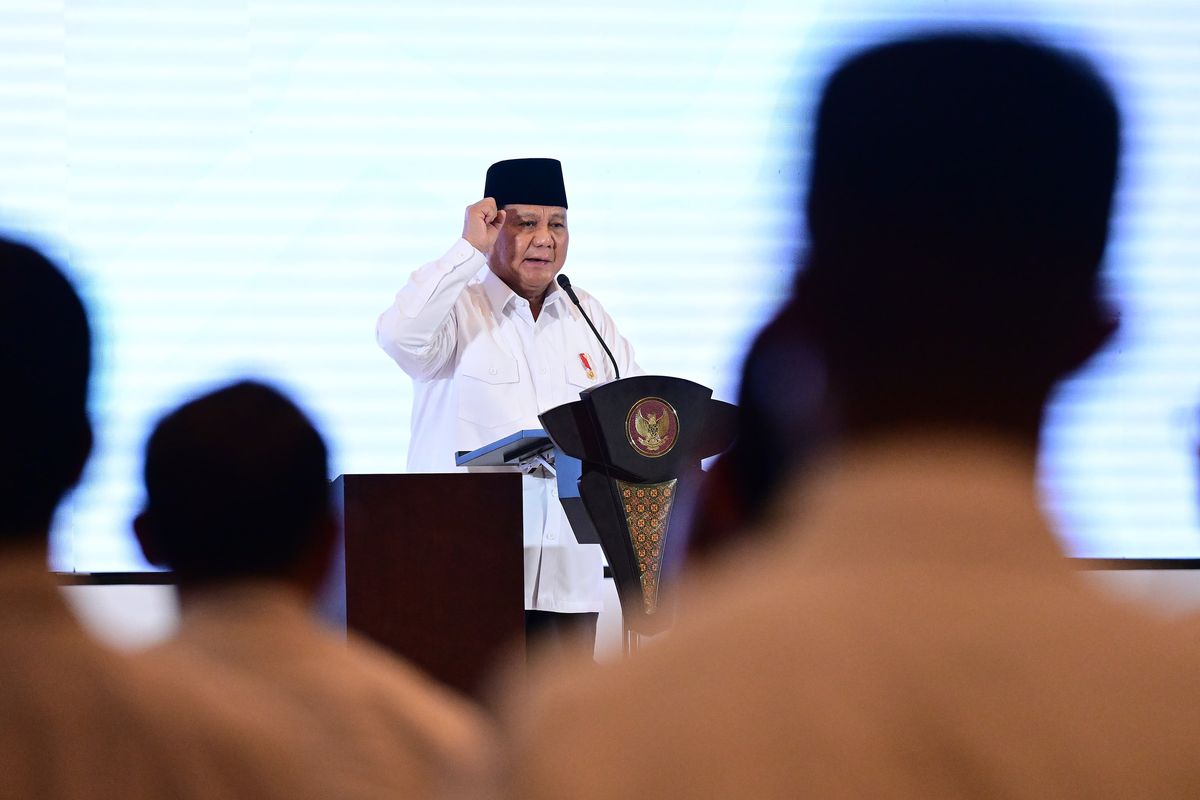In recent developments, Indonesia has found itself at the center of escalating trade tensions following the United States' decision to impose a 32% tariff on its goods. President Prabowo Subianto has responded proactively, emphasizing Indonesia's commitment to fostering a fair and equal relationship with the U.S. through diplomatic channels and strategic negotiations.
Background of the Tariffs
On April 2, 2025, U.S. President Donald Trump announced a series of tariffs targeting several Southeast Asian nations, with Indonesia facing a significant 32% levy on its exports. This move was part of a broader strategy to address what the U.S. administration termed "unfair trade balances." The announcement sent ripples through global markets, prompting affected countries to reassess their trade strategies and diplomatic approaches.
Indonesia's Diplomatic Response
In the wake of these tariffs, President Prabowo Subianto articulated Indonesia's stance, underscoring the nation's desire for a relationship with the U.S. founded on mutual respect and equity. Rather than resorting to retaliatory measures, Indonesia opted for dialogue, dispatching a high-level delegation to Washington to engage in negotiations aimed at resolving the trade impasse. This approach reflects Indonesia's commitment to diplomacy and its recognition of the importance of the U.S. as a key trading partner.
Proposed Trade Concessions
In a bid to ease tensions and demonstrate goodwill, Indonesia announced several trade concessions ahead of the scheduled talks. These measures included reducing import taxes on a range of U.S. goods:
- Steel, Mining Products, and Health Equipment: Tariffs lowered to 0–5% from the previous 5–10%.
- Electronic Goods (e.g., Mobile Phones and Laptops): Import taxes reduced to 0.5% from 2.5%.
Additionally, Indonesia expressed its intention to increase imports of U.S. products such as liquefied petroleum gas, liquefied natural gas, soybeans, and components for infrastructure projects. These steps signify Indonesia's proactive efforts to address U.S. concerns and foster a more balanced trade relationship.Reuters
Revisiting the 1996 Trade Pact
A focal point of the negotiations is the potential overhaul of the 1996 trade agreement between Indonesia and the U.S. Both nations recognize the need to modernize this pact to better reflect current economic realities and trade dynamics. By revisiting and updating the agreement, Indonesia aims to create a framework that supports sustainable economic growth and addresses contemporary trade challenges.
Regional Collaboration and ASEAN's Role
Understanding the broader implications of the U.S. tariffs on the Southeast Asian region, Indonesia has taken steps to coordinate with fellow ASEAN members. The goal is to present a united front and explore collective strategies to mitigate the impact of the tariffs. This regional collaboration underscores the importance of ASEAN solidarity in navigating complex international trade landscapes.
Economic Implications and Future Outlook
The imposition of the 32% tariff poses significant challenges for Indonesia's export sector, potentially affecting key industries such as electronics, textiles, and footwear. However, Indonesia's measured and diplomatic response reflects its commitment to finding amicable solutions that benefit both nations. By engaging in constructive dialogue and proposing tangible concessions, Indonesia aims to not only address immediate trade concerns but also lay the groundwork for a more robust and equitable economic partnership with the U.S.
Conclusion
Indonesia's approach to the recent U.S. tariffs exemplifies its dedication to diplomacy, fair trade, and regional cooperation. By seeking to renegotiate existing agreements and offering concessions, Indonesia demonstrates its proactive stance in addressing international trade challenges. As negotiations progress, the outcomes will likely have lasting implications for Indonesia-U.S. relations and the broader economic landscape of Southeast Asia.
Read More






 Friday, 27-02-26
Friday, 27-02-26







